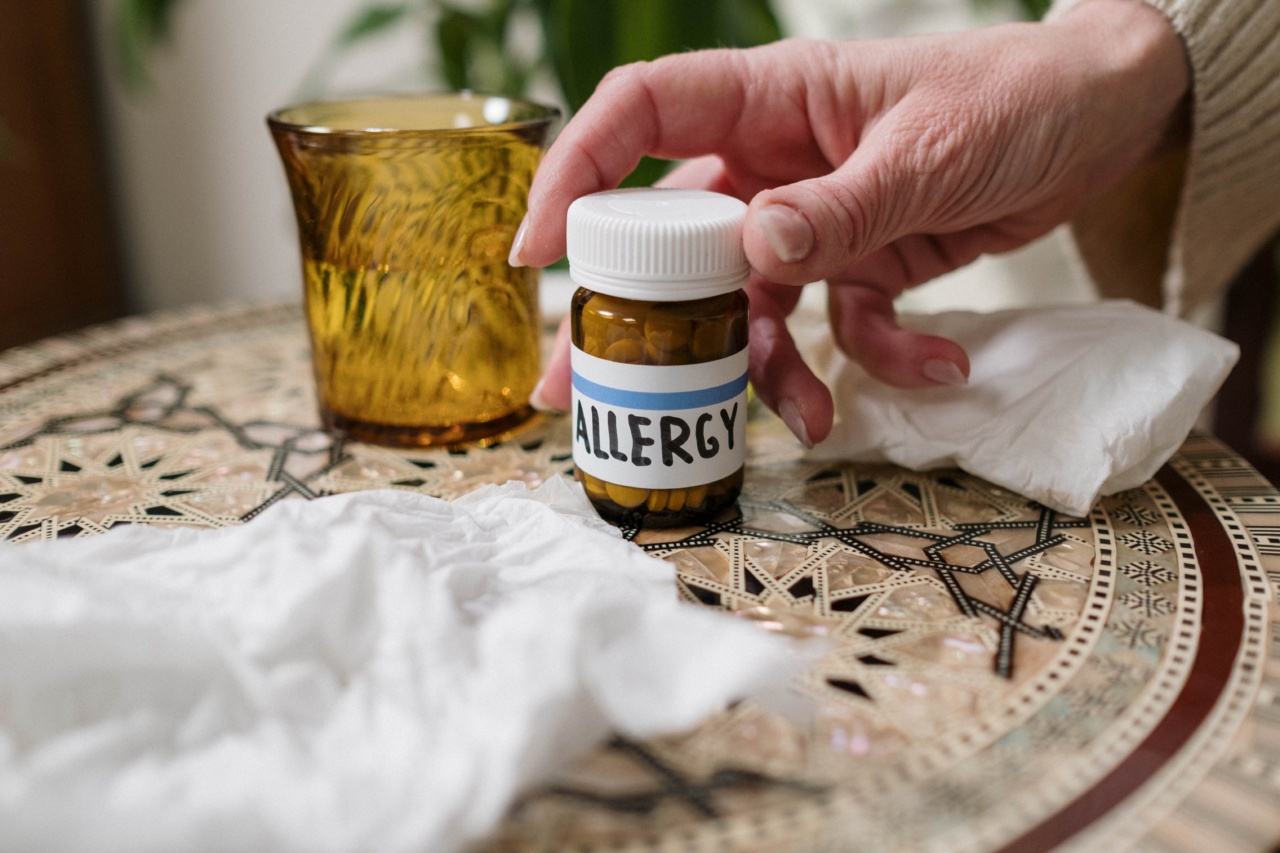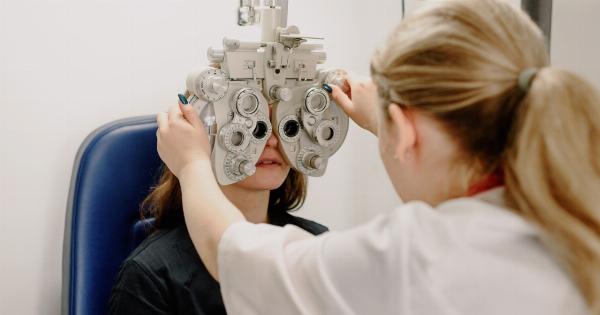Eye allergies, also known as allergic conjunctivitis, are a common condition that occurs when your eyes react to certain substances known as allergens. These substances can trigger an immune response, causing various uncomfortable symptoms in your eyes.
In this article, we will explore the diagnosis, treatment, and prevention of eye allergies for a better understanding of this condition.
What Causes Eye Allergies?
Eye allergies are typically caused by exposure to allergens. Common allergens include:.
- Pollen from trees, grass, and weeds
- Mold spores
- Pet dander
- Dust mites
- Smoke
- Perfumes or cosmetics
When your eyes come into contact with these allergens, your immune system releases chemicals like histamine, causing inflammation and various eye allergy symptoms.
Diagnosing Eye Allergies
If you suspect you have eye allergies, it is important to consult an eye care professional for an accurate diagnosis. During a diagnostic evaluation, the healthcare provider may perform the following:.
- Review your medical history and symptoms
- Conduct an eye examination
- Perform an allergy test to determine the specific allergens causing your eye allergies
By identifying the allergens responsible for your eye allergies, your healthcare provider can create an effective treatment plan.
Treating Eye Allergies
Treatment options for eye allergies aim to relieve symptoms and reduce inflammation. The following treatments are commonly recommended:.
- Avoidance: The first step in managing eye allergies is to avoid exposure to known allergens. For example, if pollen triggers your eye allergies, try to stay indoors during peak pollen seasons or wear sunglasses to protect your eyes.
- Eye Drops: Over-the-counter or prescription eye drops can help relieve itching, redness, and other allergy symptoms. These eye drops may contain antihistamines, mast cell stabilizers, or nonsteroidal anti-inflammatory drugs (NSAIDs).
- Oral Medications: In some cases, your healthcare provider may recommend oral antihistamines or other medications to manage your eye allergy symptoms. These medications can help reduce inflammation and alleviate symptoms throughout your body.
- Immunotherapy: If your eye allergies are particularly severe or do not respond to other treatments, your healthcare provider may suggest immunotherapy. This involves gradually exposing your body to small amounts of the allergen to desensitize your immune system over time.
It’s essential to follow your healthcare provider’s recommendations and use medications as directed for the best results.
Preventing Eye Allergies
While it may not be possible to completely prevent eye allergies, there are several steps you can take to minimize your exposure to allergens and reduce the frequency and severity of symptoms. Here are some preventive measures you can consider:.
- Keep windows closed during peak pollen seasons to prevent allergens from entering your home.
- Regularly clean your home, including dusting and vacuuming, to reduce the presence of dust mites and other common allergens.
- Use allergen-proof covers for mattresses and pillows to minimize exposure to dust mites.
- Avoid rubbing your eyes, as this can worsen symptoms and increase inflammation.
- Wash your hands frequently to remove allergens you may have come into contact with.
- Remove contact lenses before applying eye drops to avoid any interactions or discomfort.
By following these preventive measures, you can significantly reduce the chances of developing eye allergies or experiencing severe symptoms.
Conclusion
Eye allergies can be uncomfortable and affect your quality of life. If you suspect you have eye allergies, it is crucial to seek professional diagnosis and treatment.
Understanding the causes, symptoms, and treatment options can help you effectively manage this condition. Remember, prevention is key, so take appropriate measures to reduce your exposure to known allergens. By doing so, you can minimize the impact of eye allergies on your daily life and maintain healthy, clear eyes.






























